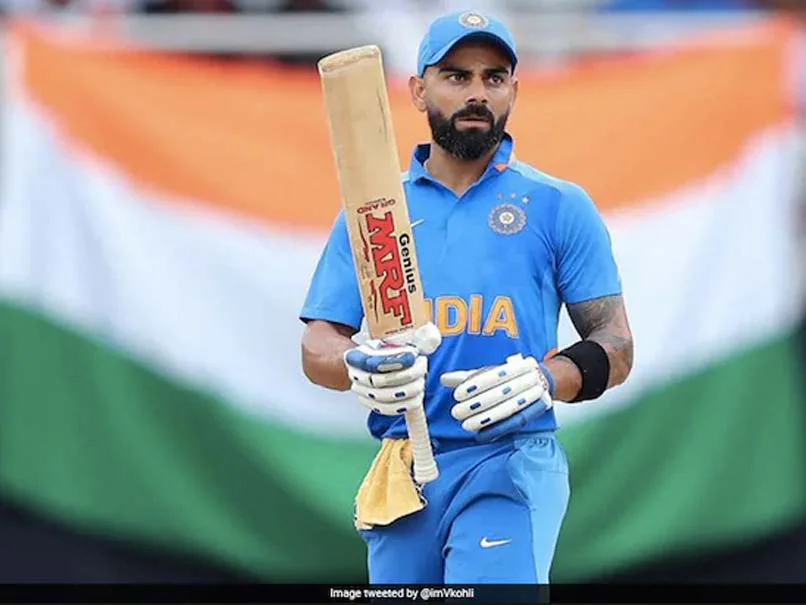The story of how cricket started takes us back to the 16th century in southeast England. Historians believe children in rural areas invented the game. Using sticks, balls made of sheep’s wool, and makeshift stumps from tree branches, youngsters would play casually in open fields. Over time, adults picked it up, and the game began to gain structure.
Interestingly, cricket wasn’t immediately seen as a serious sport. Instead, it was just another outdoor activity. Yet, its simplicity and fun drew people in. It’s fascinating to imagine that what started as a pastime for kids eventually grew into a professional sport with international recognition.

By the 1600s, cricket had grown in popularity, especially in southern England. Records show that even adults, including farmers and nobles, were playing it regularly. As time passed, rules were developed, and matches began to attract crowds.
The first known reference to cricket dates back to 1598, where court documents mentioned the game being played in Surrey. Later, by the 18th century, cricket had become England’s national sport. Gambling played a significant role in boosting its popularity, as wealthy patrons sponsored teams and matches.
Every great sport needs structure, and cricket was no exception. In 1744, the first written laws of cricket were introduced. These rules included the length of the pitch, the weight of the ball, and the role of umpires. Although much has changed since then, the foundation was laid for the modern game.
In 1787, the Marylebone Cricket Club (MCC) was established, taking responsibility for maintaining and updating cricket’s laws. The MCC continues to be the guardian of cricket’s rules even today.
The British Empire played a massive role in spreading cricket across the globe. As the British traveled, traded, and colonized, they carried cricket with them. India, the West Indies, Australia, and South Africa quickly embraced the sport.
What’s remarkable is how these countries not only adopted cricket but also made it their own. For example, India and Pakistan brought unmatched passion to the game, while the West Indies infused it with flair and energy.
The first recorded international cricket match took place in 1844 between Canada and the United States. Later, in 1877, England and Australia played the first official Test match, marking the beginning of international cricket as we know it.
This match also gave rise to one of cricket’s greatest rivalries — The Ashes. The series between England and Australia remains one of the most anticipated events in cricket history.
Cricket has never stopped evolving. From Test cricket to One Day Internationals (ODIs) and now Twenty20 (T20), the game has adapted to suit changing times and audiences. T20, in particular, revolutionized cricket, making it faster, more exciting, and more accessible to younger fans.
Leagues like the Indian Premier League (IPL) have turned cricket into a global spectacle, attracting players and viewers from every corner of the world.
The charm of cricket lies in its ability to balance tradition with modernity. While Test cricket preserves the game’s classic essence, shorter formats bring energy and entertainment. Moreover, cricket has become a unifying force, connecting people across cultures, religions, and borders.
For many, cricket is more than sport — it’s an emotion, a shared language, and a source of national pride.
So, how cricket started is a story of simplicity turning into greatness. From children in English villages to millions of fans in stadiums today, cricket’s journey is nothing short of remarkable. The game’s evolution reflects human creativity, passion, and love for competition. As cricket continues to expand globally, one thing remains certain: its humble origins will always be a reminder of where it all began.